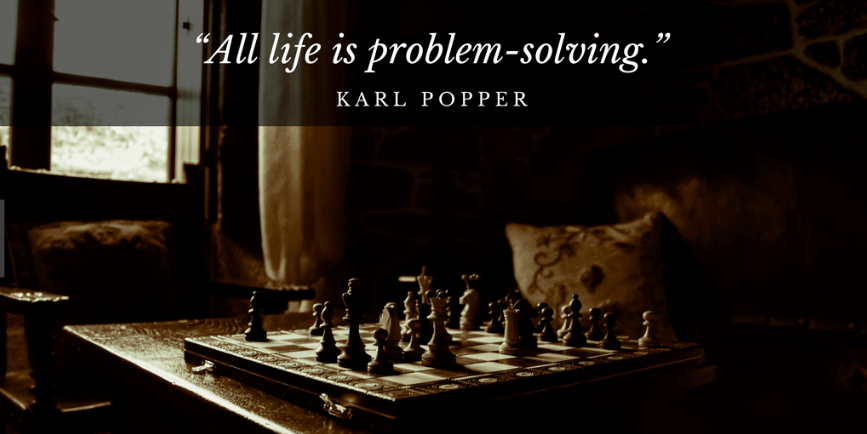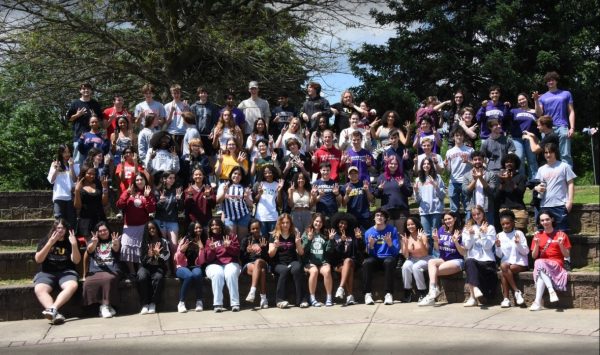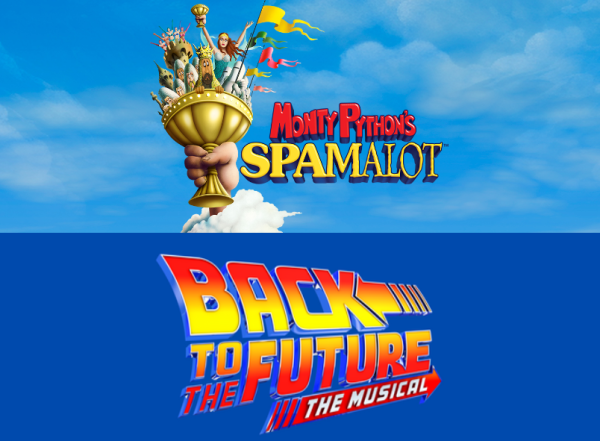Life Lessons from Chess
I’ve played chess for a while now. I learned in elementary school when I was a part of the chess club. Even though I don’t remember winning a game, it was a valuable experience because I learned the rules of the game and the level of thought needed to play. Over the years,I’ve kept at it and I’ve gotten better. I’m still not a great player, but I’m more careful and patient when playing. For years I’ve thought of it as a game, but recently I’ve looked at the game with lessons you can take and use in the real world. Chess can be used as a guidebook to life where you learn patience, necessary sacrifices, forthinking and time management.
Patience
My time in chess club taught me how to maintain a patience I’m glad I’ve kept to this day. In Chess, making impulse decisions is the path to lose, you make a decision in the present and don’t think about how this will affect you later in the game. the only way you can hope to win is by thinking about every move. A lot of things don’t work right away whether it’s a machine or a skill you what to learn. Without patience you might as well give up.
Sacrifice
The game makes you realize that sacrifices are sometimes necessary in order to prevail. In chess sometimes you have to recognize that giving up pieces might benefit you overall. Such as allowing your piece to be taken so you can take the exact same piece. In life you have to sacrifice your free time to get things done. Which will lead to work getting done quicker and more free time later.
Thinking Ahead
Chess emphasizes thought before action, from a young age we are taught to think and not to make impulse decisions. An impulse decision in chess is usually the beginning of the end of the game. Patience and thinking is the key to success during a game. After playing for a while this forthought seeps into decisions you make, not just in other games but in other aspects of your life.
Time management
In school, planning ahead to work on a essay not due for a week or two is a decision dependent upon time management. If you decide to do the work due tomorrow and completely disregard the paper, you could possibly be sacrificing free time that would benefit you later on. This is similarly how many play chess, thinking about multiple possible moves ahead is the best way to play. In my life,you often can forget how using your time wisely is one of the best things to learn and it is important in chess in order to succeed.
Confidence
You have to believe you can do something before you do it. Sometimes this assuredness can be hard to come by, but a good chess player with little confidence will probably lose the game because the thought of potentially winning isn’t in their head. Confidence is more important in chess than in most games because the outcome of the game is 50% you and 50% an unknown opponent who you can rarely predict. In life and in chess you know yourself best and the rest becomes clearer the longer you’re in it.
Chess relates to life in many ways. Admittedly it’s less complicated and easier than life is but it provides tips and tricks that help us along the way. Chess may seem like just a board game, but there is more under the surface.

Trevor White
11th grade
Hi, I'm Trevor White and I'm a junior this year. This is my fifth year at Sandy Spring and my third year on Wildezine....






